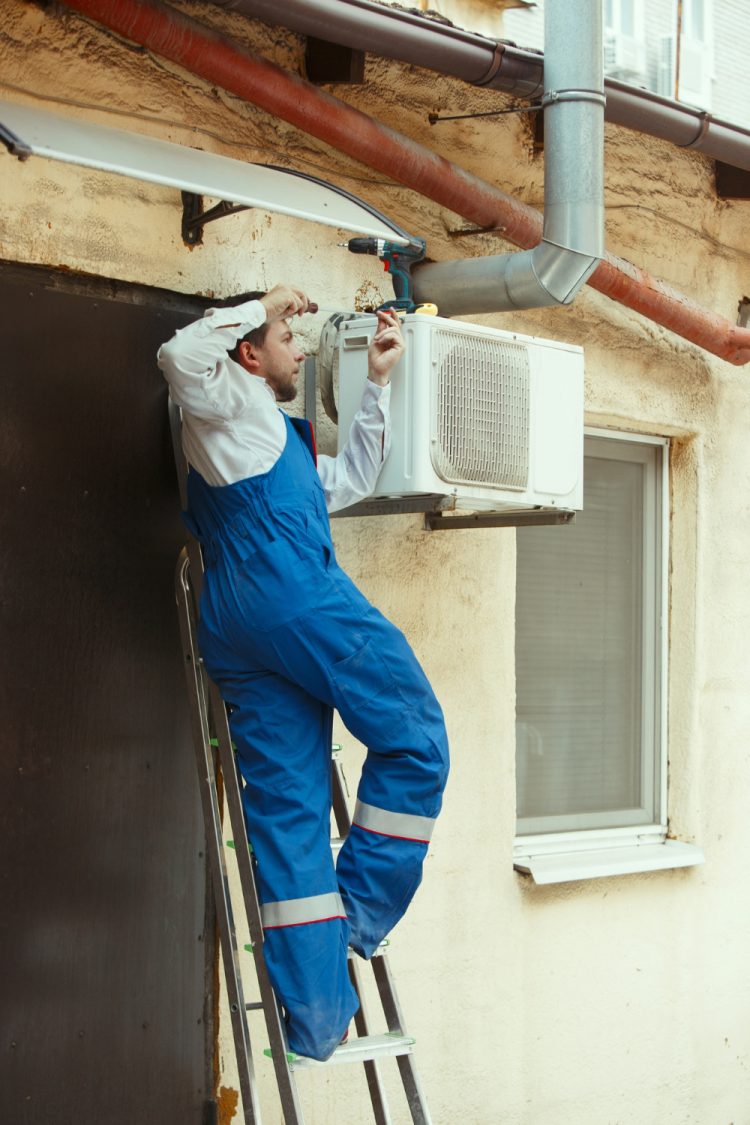Introduction:
Air conditioning systems are essential for maintaining comfort and indoor air quality, especially during hot summer months. However, just like any other mechanical system, AC units can encounter issues that require immediate attention. Understanding when to call for emergency air conditioning repair can help prevent further damage, ensure safety, and restore comfort to your home or business. In this article, we’ll discuss common scenarios that warrant emergency AC repair and the importance of prompt action.
Complete System Failure:
One of the most obvious signs that you need emergency AC repair is a complete system failure. If your air conditioner stops working altogether, especially during extreme heat, it’s crucial to call for immediate assistance. A sudden breakdown could indicate various issues, such as a malfunctioning compressor, electrical problems, or refrigerant leaks. Ignoring a total system failure can lead to discomfort, humidity buildup, and potential damage to other components.
Strange or Unusual Sounds:
Unusual sounds coming from your air conditioning unit, such as grinding, banging, or screeching noises, should never be ignored. These sounds often indicate mechanical problems, such as worn-out bearings, loose parts, or compressor issues. Continuing to run the AC when it’s making strange noises can exacerbate the problem and potentially cause further damage. Calling for emergency repair allows technicians to diagnose the issue promptly and prevent costly repairs down the line.
Refrigerant Leaks:
Refrigerant is crucial for the proper functioning of an air conditioning system. If you notice a sudden decrease in cooling performance, ice buildup on the evaporator coils, or hissing noises coming from the AC unit, it could indicate a refrigerant leak. Refrigerant leaks not only impair the efficiency of the system but also pose health risks to occupants due to exposure to harmful chemicals. Emergency repair is necessary to locate and fix the leak, recharge the refrigerant, and ensure safe operation.
Electrical Issues:
Electrical problems pose serious safety hazards and require immediate attention from qualified technicians. If you experience frequent tripped circuit breakers, sparks, burning smells, or flickering lights when the AC is running, it’s essential to shut off the system and call for emergency repair. Electrical issues can stem from faulty wiring, damaged components, or overloaded circuits. Ignoring these warning signs can lead to electrical fires or damage to the AC unit.
Poor Airflow or Cooling Performance:
A sudden decrease in airflow or cooling performance can indicate various issues within the air conditioning system, such as clogged air filters, blocked ducts, or compressor failure. Reduced airflow not only compromises comfort but also puts strain on the system, leading to increased energy consumption and potential breakdowns. Emergency repair is necessary to identify and address the underlying cause of poor airflow, ensuring efficient operation and optimal comfort.
Conclusion:
Knowing when to call for emergency air conditioning repair is crucial for maintaining comfort, safety, and the longevity of your HVAC system. Whether you’re experiencing a complete system failure, strange noises, refrigerant leaks, electrical issues, or poor cooling performance, prompt action is essential to prevent further damage and ensure timely repairs. Don’t hesitate to contact qualified HVAC professionals for emergency repair services to restore comfort and peace of mind to your home or business.









